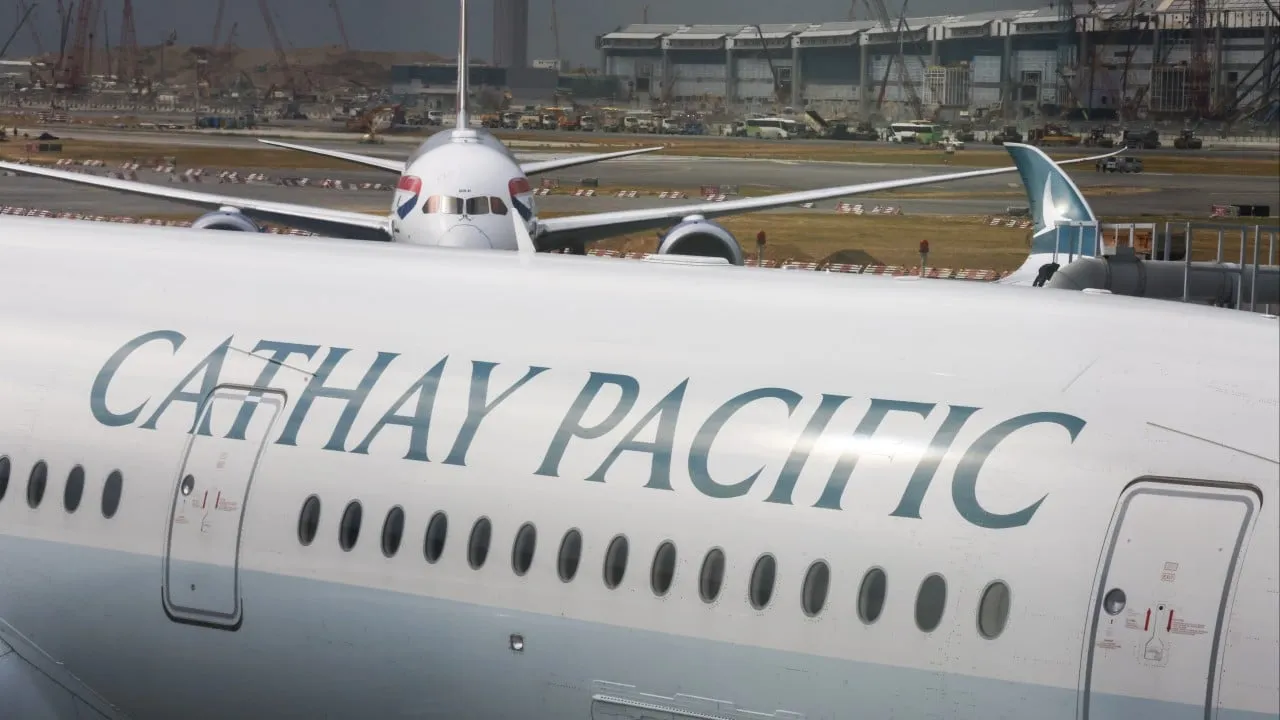Aviation's Future: Why Sustainable Aviation Fuel Requires Government Support

Aviation's Future: Ensuring Sustainable Aviation Fuel Adoption
Sustainable aviation fuel (SAF) is critical for Hong Kong's aviation sector to achieve its climate objectives, but government action is essential for success. According to Cathay Pacific's Grace Cheung, a general manager of sustainability, the industry cannot rely solely on corporate will; regulation is necessary to create equitable conditions for all industry participants.
Current State of Sustainable Aviation Fuel
- SAF remains three to five times more expensive than traditional jet fuel, stalling adoption.
- Policies must catalyze SAF demand and supply chain development.
- John Lee Ka-chiu, in his latest policy address, committed to establishing a strategic SAF supply chain.
Targets and Corporate Participation
Cathay Pacific is targeting 10 percent SAF consumption by 2030, a significant increase from last year's 0.03 percent, attributed to global supply limitations. Regulatory frameworks are key to achieving this aim, with examples already set in regions like the European Union and Singapore.
Collaboration and Financial Backing
- As of this year, 15 companies are participating in Cathay's corporate SAF program, significantly up from last year.
- Partnerships include major firms like DB Schenker and Kuehne+Nagel who are committing to cover SAF costs.
- Financial institutions such as Julius Baer and AIA Group aim to reduce their aviation emissions substantially.
Despite SAF comprising only 0.4 percent of global jet fuel consumption, there are optimistic projections; advancements in SAF technology have exhibited an exponential growth pattern, indicating a promising trajectory for the sector's future.
This article was prepared using information from open sources in accordance with the principles of Ethical Policy. The editorial team is not responsible for absolute accuracy, as it relies on data from the sources referenced.